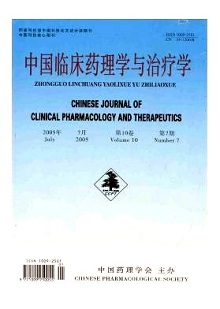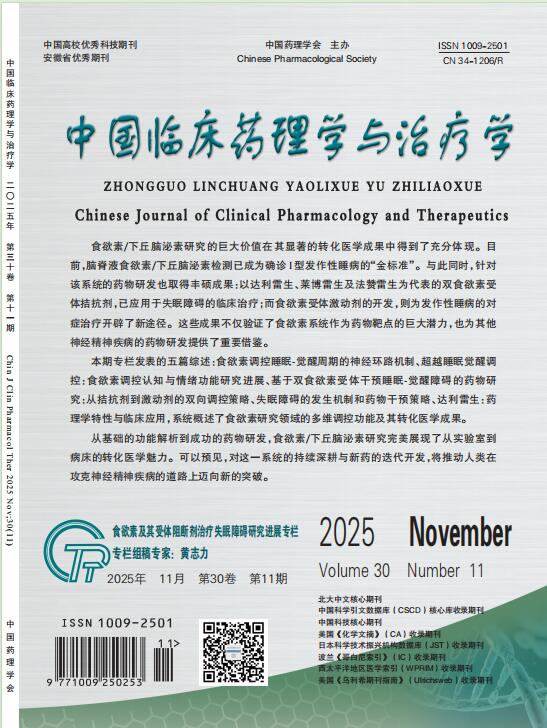Prognostic factors of rectal cancer treated with multimodality therapy based on surgery
DENG Chong, LU Xue-guan, TIAN Ye
2005, 10(7):
819-823.
 Asbtract
(
125 )
Asbtract
(
125 )
 PDF (198KB)
(
306
)
References |
Related Articles |
Metrics
PDF (198KB)
(
306
)
References |
Related Articles |
Metrics
AIM: To evaluate the prognosis of rectal cancer treated with multimodality therapy based on surgery. METHODS: The clinical data of 124 rectal cancer patients treated with multimodality therapy based on surgery were investigated and analyzed. Overall survival (OS) and loco-regional control (LC) rates were estimated by Kaplan-Meier method. Log-rankmethod and Cox proportional hazard model were used for identify the prognostic factors, respectively. RESULTS: The follow-up time ranged from 7 to 81 months. The 5-year OS and LC rates were 51.6 % and 49.5 %, respectively. Univariate analysis revealed that the 5-year OS of adencarcinoma, mucinous adenocarcinoma and signet-ring cell carcinoma were 44.9 %, 0 % and 0 %, respectively (χ2 =8.67, P = 0.0129), the 5-year LC were 55.2 %, 34.6 % and 33.3 %, respectively(χ2 =4.86, P =0.0334). The 5- year OS of patients who accepted or not accepted adjuvant radiotherapy were 40.4 % and 13.3 %, respectively (χ2 =7.48, P =0.0062), and the 5-year LC were 73.5 % and 0 %, respectively (χ2 =29.68, P =0.0000). Dukes stage, depth of infiltration, nodal, total mesorectal excision (TME), and adjuvant chemotherapy were not correlated with the prognosis (P >0.05). Multivariate analysis revealed that adjuvant radiotherapy and histology of tumor significantly affected the prognosis(P =0.045 and P =0.009, respectively). Whereas loco-regional control was only significantly affected by adjuvant radiotherapy (P =0.000). CONCLUSION: Adjuvant radiotherapy and histology of tumor are the important prognostic factors in the rectal cancer patients after treatment with multimodality therapy based on surgery.


